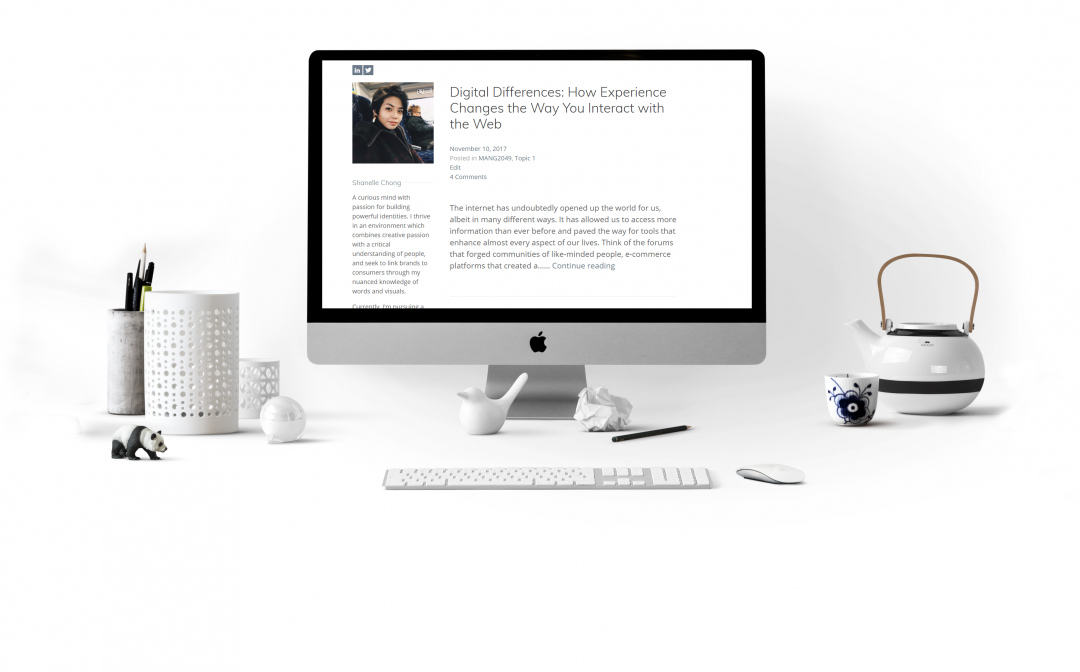My discussions on this topic mainly surrounded anonymity on the internet. Many people have the opinion removing anonymity on the internet would help with issues of cyberbullying and fake news.
Below, I’ve summarised the pros and cons of anonymity on the internet.
Source: Original
Information from BBC and DailyInfographic
After speaking with my colleagues, I was forced to think about this issue more critically. The negative effects are undeniable. The most anonymous places on the internet are strife with crime and abhorrent activities (Falconer, 2012). Nicholas said that while he saw the benefits of anonymity, he felt the negatives outweigh the cons. Marianne said that even in communities whose intentions are wholesome, it is easy for someone with malicious intentions to spread undesirable behaviour.
I asked myself… is anonymity worth preserving?
Darren provided an infographic which I found interesting. It highlighted communities who benefit from anonymity.

Source: Darren and DailyInfographics
I had difficulty weighing the pros and cons of anonymity as a whole. The outcome of anonymity differs with context (Lim, Zo and Lee, 2011). It is unethical to ignore the groups of people that rely on anonymity for safety. This includes communication between whistleblowers and journalists, and people in countries where internet activities could get them jailed, tortured or killed (BBC Guides, 2017).
Attempting to blanket ban anonymity can also be unfeasible. It requires collaboration between the network and the government. When China attempted to ban Tor, the company introduced new, secret entrances to the network. (BBC Guides, 2017).
What should be the future of anonymity?
Pew Research Centre asked experts to weigh in and identified 4 themes in the responses.

Theme 3 believes that we will see a highly-protected and monitored future, with the help of AI, while maintaining a free-for-all internet (Rainie, Anderson and Albright, 2017). Perhaps, since solutions are dependent on the communities, empowering dedicated and strict moderation is the answer.
Word Count: 304
Comments
References
BBC Guides. (2017). What is the dark web and is it a threat?. [online] Available at: http://www.bbc.co.uk/guides/z9j6nbk [Accessed 22 Nov. 2017].
Falconer, J. (2017). A Journey into the Dark Corners of the Deep Web. [online] The Next Web. Available at: https://thenextweb.com/insider/2012/10/08/mail-order-drugs-hitmen-child-porn-a-journey-into-the-dark-corners-of-the-deep-web/ [Accessed 22 Nov. 2017].
Lim, D., Zo, H. and Lee, D. (2011). The Value of Anonymity on the Internet. Service-Oriented Perspectives in Design Science Research, pp.452-464.
Rainie, L., Anderson, J. and Albright, J. (2017). The Future of Free Speech, Trolls, Anonymity and Fake News Online. [online] Pew Research Center: Internet, Science & Tech. Available at: http://www.pewinternet.org/2017/03/29/the-future-of-free-speech-trolls-anonymity-and-fake-news-online/ [Accessed 22 Nov. 2017].

